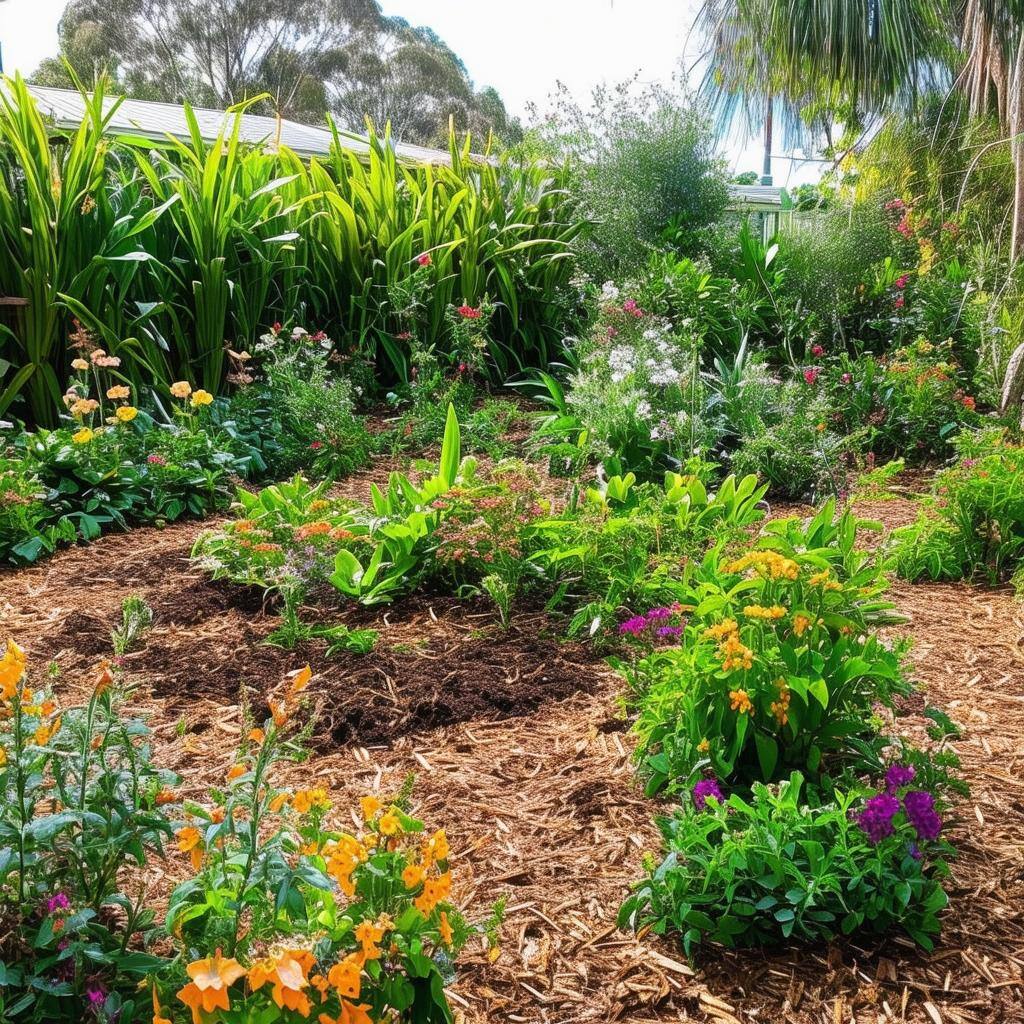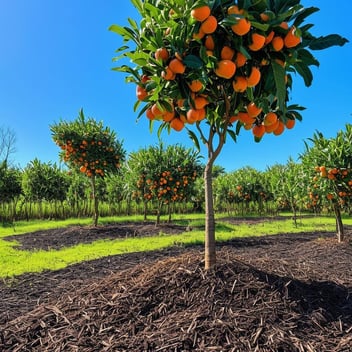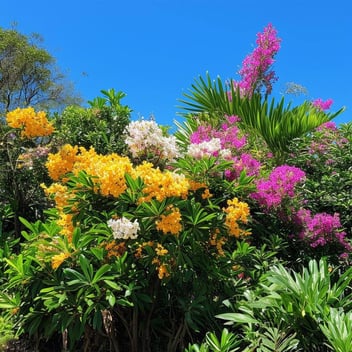Top 5 Soil Amendments for Thriving Gardens in SEQ
Introduction
In the lush landscapes of South East Queensland (SEQ), cultivating a flourishing garden demands more than just sunlight and water. The foundation of any verdant oasis lies in the vitality of its soil. However, SEQ gardeners often grapple with challenges such as sandy terrains, heavy clays, and fluctuating pH levels. To surmount these obstacles, employing the right soil amendments is paramount.
Compost: The Black Gold
Compost, often dubbed "black gold," is indispensable for enriching soil fertility. It teems with organic matter and beneficial microorganisms that bolster nutrient availability and enhance soil structure. Incorporating compost into SEQ soils can be achieved by evenly spreading a 5-10 cm layer over garden beds and gently mixing it into the topsoil. This practice not only improves moisture retention but also fosters a thriving ecosystem for plant roots.
Aged Manure: Nature's Nutrient Booster
Aged manure serves as a potent nutrient booster, supplying essential elements like nitrogen, phosphorus, and potassium. Unlike fresh manure, aged variants have decomposed sufficiently, minimizing the risk of root burn and unpleasant odors. To harness its benefits, apply a 2-3 cm layer of aged manure to the soil surface and incorporate it lightly. This method enriches the soil, promoting vigorous plant growth.
Gypsum: The Soil Conditioner
Gypsum, a naturally occurring mineral, plays a pivotal role in ameliorating compacted clay soils prevalent in SEQ. It facilitates the aggregation of soil particles, enhancing aeration and drainage without altering soil pH. For optimal results, distribute gypsum at a rate of 1-2 kg per square meter over the soil and integrate it thoroughly. Regular application can transform heavy soils into more friable and workable mediums.
Organic Mulch: The Moisture Retainer
In SEQ's climate, characterized by intense sun and sporadic rainfall, conserving soil moisture is crucial. Organic mulches, such as straw, bark chips, or leaf litter, act as protective blankets, reducing evaporation and regulating soil temperature. Apply a 5-10 cm thick layer around plants, ensuring it doesn't contact stems to prevent rot. Over time, these mulches decompose, adding organic matter to the soil and suppressing weed growth.
Lime: The pH Balancer
Soil pH significantly influences nutrient availability to plants. Many SEQ soils tend to be acidic, which can hinder plant growth. Applying lime helps neutralize acidity, creating a more hospitable environment for a variety of plants. Before application, conduct a soil pH test to determine the appropriate lime quantity. Evenly spread the recommended amount over the soil surface and incorporate it to a depth of 15 cm. Regular monitoring ensures the soil remains within the optimal pH range.
Conclusion
Achieving a thriving garden in South East Queensland hinges on the judicious use of soil amendments. By integrating compost, aged manure, gypsum, organic mulch, and lime, gardeners can significantly enhance soil health, leading to robust and resilient plant growth. Embracing these sustainable practices not only nurtures the garden but also contributes to the broader ecological balance of the region.




